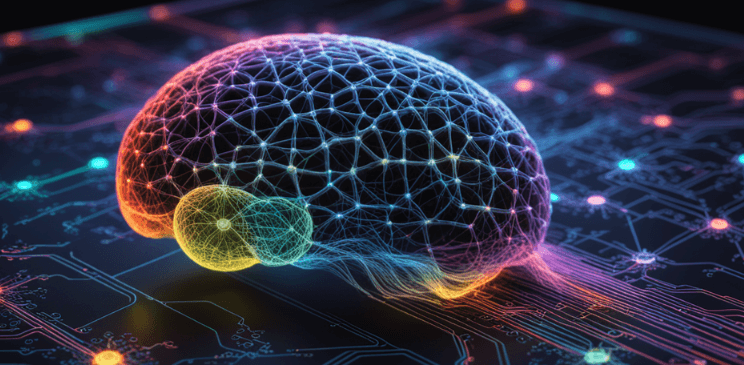What are the ethical challenges faced by scientists in the rapidly evolving field of neurotechnology?

Introduction
Neurotechnology, a field that merges neuroscience with technology to understand and manipulate the brain’s capabilities, presents groundbreaking possibilities. From enhancing cognitive abilities to treating neurological disorders, its potential is vast. However, as the technology advances rapidly, ethical challenges arise. These challenges require scientists to navigate a complex landscape of moral, social, and legal considerations. This article delves into these pressing ethical issues, providing insights into the balancing act required between technological advancement and ethical responsibility.
Understanding Neurotechnology: The Basics and Beyond
Before delving into the ethical dilemmas, it’s crucial to understand what neurotechnology encompasses. This technology includes devices and systems that monitor and influence brain activity, such as brain-computer interfaces (BCIs), neuroimaging, and neural implants. These innovations offer unprecedented opportunities to treat mental and neurological conditions, enhance human capabilities, and even interface with artificial intelligence.
The Ethical Implications of Brain-Computer Interfaces (BCIs)
Brain-computer interfaces allow direct communication between the brain and external devices, offering immense benefits like restoring mobility in paralyzed individuals. However, they raise significant ethical questions:
- Consent and Autonomy: How can informed consent be assured when dealing with interventions that directly affect cognitive processes?
- Identity and Agency: Does altering someone’s neurological base change their identity or diminish their sense of agency?
- Accessibility and Equality: How do we prevent BCIs from becoming tools that widen social inequality?
Privacy Concerns in Neurotechnology
Privacy is a major ethical concern in neurotechnology. The ability to access and manipulate brain data could lead to the potential misuse of personal information.
- Data Security: How secure is neural data from hacking or unauthorized access?
- Thought Privacy: Can individuals maintain privacy over their own thoughts and mental states?
- Surveillance Risks: Could neurotechnology be used for unwarranted surveillance under the guise of medical monitoring?
Manipulation and Mind Control
The potential for manipulating mental states through neurotechnology brings forth fears of mind control. This concern is not just science fiction; the ethical implications are real and profound.
- Ethical Boundaries: What are the ethical limits of influencing human cognition and behavior?
- Legal Implications: How can laws keep pace with the capability to influence or control mental states?
The Dilemma of Neuroenhancement
Neuroenhancement refers to the use of neurotechnology to improve cognitive or physical abilities in healthy individuals. This aspect raises ethical questions about:
- Fairness and Equity: Who gets access to enhancement technologies, and how does this affect societal inequality?
- Coercion: Could there be pressure to use neuroenhancements, either socially or professionally?
Regulatory Challenges in Neurotechnology
Regulating a field as dynamic and promising as neurotechnology is fraught with challenges. The fast pace of technological advancement makes it difficult to establish guidelines that adequately address all potential risks without stifling innovation.
- Balancing Innovation with Safety: How can regulation keep up with technological progress while ensuring safety and ethical integrity?
- International Cooperation: Can global standards and norms be established in a field that is developing at an uneven pace across different regions?
The Role of Public Engagement and Dialogue
Public engagement is crucial in navigating the ethical landscape of neurotechnology.
- Educating the Public: How can scientists and technologists better inform the public about neurotechnology’s potential and its ethical considerations?
- Public Trust: How can trust be built when developing and deploying technologies that delve deep into the human psyche?
Conclusion
The ethical challenges faced by scientists in neurotechnology are as profound as the potential benefits the field offers. Balancing innovation with ethical responsibility requires ongoing dialogue among scientists, ethicists, policymakers, and the public. By fostering an informed and engaged community, the future of neurotechnology can be guided in a direction that respects human rights and dignity, ensuring that technological advancements enhance lives without compromising ethical values.





